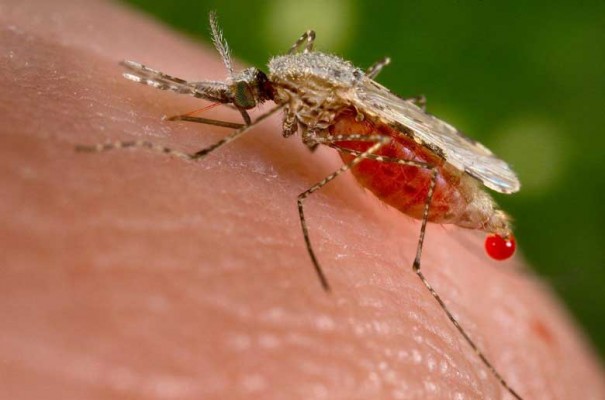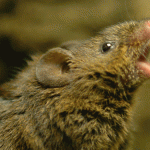
Nigeria, the Democratic Republic of Congo, Burkina Faso, Mozambique, Cote d' Ivoire, and Mali account for 60 per cent of Malaria deaths. Image: Jim Gathany / Centers for Disease Control & Prevention
Genetically modified mosquitoes are incapable of transferring the fatal disease.
The seemingly humble Anopheles mosquito is responsible for the death of nearly a million people every year, primarily children and pregnant women in Africa, according to the World Malaria Report. Malaria is caused by the Plasmodium falciparum parasite, which is spread by Anopheles mosquito females. But researchers at the University of California Irvin (UCI) and the Pasteur Institute in Paris have genetically modified these mosquitoes, an advance that will change the lives of hundreds of millions in Africa and other malaria-plagued regions.
“Our group has made significant advances with the creation of transgenic mosquitoes,” said Anthony James, lead author of the study and professor of microbiology and molecular genetics, and molecular biology and biochemistry at UCI. “This is the first model of a malaria vector with a genetic modification that can potentially exist in wild populations and be transferred through generations without affecting their fitness.”
James and his team engineered genes to produce antibodies in the immune system of the Anopheles mosquito. Their research was inspired by malaria-infected mice, whose immune system produces Plasmodium falciparum antibodies. “[This is] based on the fact that mice don’t get human malaria,” James said. “If you put human malaria parasites in mice, the mice fight them off.” This information is not new, but it took 10 years to identify the right genetic components and make them work the same way inside a mosquito. The modified Anopheles can’t transmit the disease through their bites.
Key elements of James’s work are that the genetic changes don’t make the malaria-fighting mosquitoes less fit to survive in the real world, and that the technique can be applied to other mosquito species that also transmit the disease, making it an option for tackling malaria worldwide — according to the World Malaria Report 2011, only four countries (Armenia, United Arab Emirates, Morocco, and Turkmenistan) are certified as free of malaria.
The researchers plan to release some of the genetically modified mosquitoes into the wild. “These mosquitoes have just as likely a chance of mating as any normal or wild mosquito out there,” James said. “We see a complete deletion of the infectious version of the malaria parasite. This blocking process within the insect that carries malaria can help significantly reduce human sickness and death.”
Source: UC Irvine






